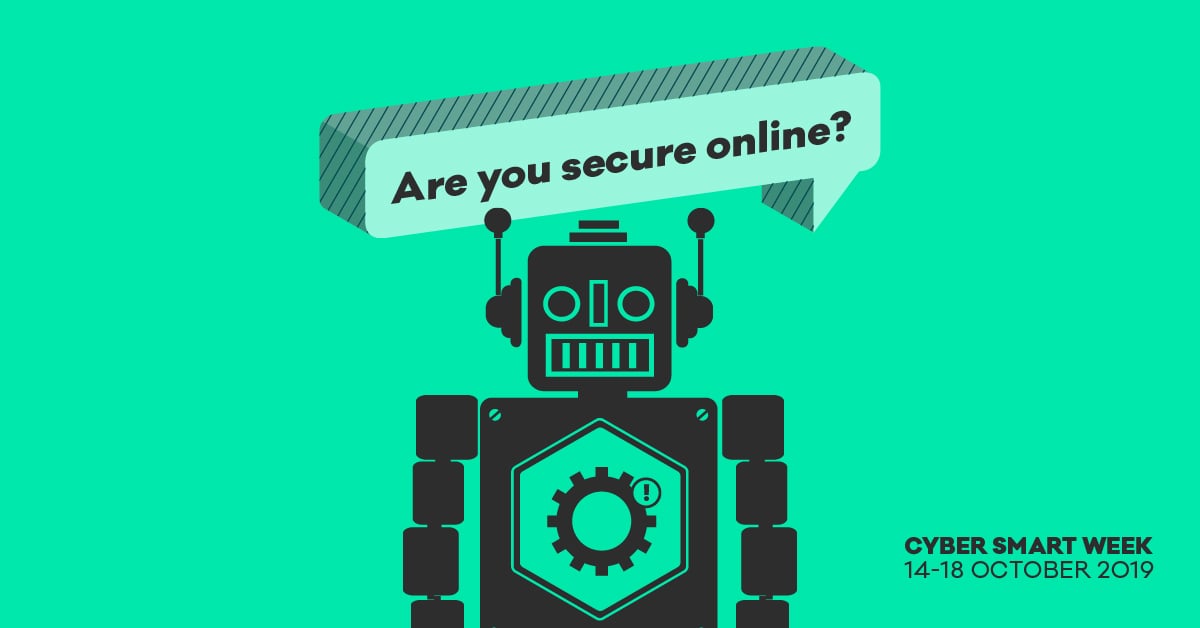You buckle your seat belt to stay safe on the roads, and you wear a helmet while riding a bike. But what can you do to keep yourself safe with something you more than likely spend a few hours of the day using, like the internet?
Thankfully, entities like the Computer Emergency Response Team (CERT NZ) exist to help improve cyber security in New Zealand. CERT works with other organisations in the cyber security environment across the private, public and not-for-profit sectors in New Zealand to develop an improved understanding of cyber security risks, better avoidance of incidents and reducing the impact of incidents.
In honour of CERT’s Cyber Security Week this week, Chris Jackson-Cox, our Group Information and Security Officer answered a few questions around how other businesses and our customers can stay safe online.
How would you describe your role at TWG?
My role is all about enabling our team members and our systems to be more resilient to a range of cyber security threats. It’s more of a people-focused role than technology-centric role, as it’s about educating a wide range of people on the cyber risks.
What’s the importance of CERT and Cyber Smart Week?
Most businesses in New Zealand are small, a lot with less than 50 people. These businesses are critically important to the people and the economy of NZ. These businesses and individuals do not have access to the same resources that larger businesses do.
A small company a friend of mine works for had a ransomware attack and they didn’t know where to turn for assistance. This is where CERT fits in. As well as working with larger businesses they also support everyone else with guidance and support. CERT employs a range of passionate specialists who are dedicated to making New Zealand cyber safe.
What kind of trends are becoming more popular in the world of cyber attacks?
Unfortunately, phishing is still a menace and it hasn’t really got any better, as the scammers and attackers just keep tweaking their campaigns.
Identity theft is a constant challenge, normally via phishing. It’s as simple as getting an email that appears to be from someone you know asking for you to click on a shared file link. The link takes you to a login screen where you enter your password assuming everything is as per normal, but in fact you have just given your password away to someone, who will then use it to login to your mailbox to then launch further attacks on your friends and colleagues.
What’s the single best thing that people can do to keep themselves safe online?
Use multi-factor authentication everywhere you possibly can and additionally, create long passwords and store them in a password vault. Also, be sure to keep your devices up-to-date, whether it’s your mobile, tablets, computers, TV’s, wifi, etc.
How do we work to keep both our team members and customers secure online?
We work to ensure that the information our customers share with us is kept safe from hackers by working closely with organisations like CERT. Both CERT and Netsafe have some great resources for learning more about cyber security and keeping safe online.
CERT and its partners run several events throughout Cyber Smart Week. See the full list of what’s happening here.




